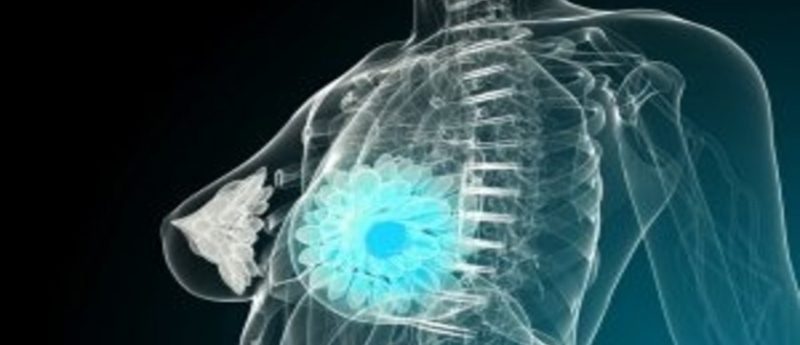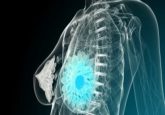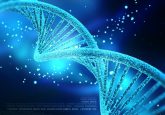Estrogen-deprivation therapy demonstrated to alter mutations in ER-positive breast cancer

A group of researchers from Baylor College of Medicine, MD Anderson Cancer Center (both TX, USA), Washington University School of Medicine (MO, USA) and the Mayo Clinic (MN, USA) have demonstrated that inhibiting aromatase, a form of estrogen-deprivation therapy, alters the clonal architecture of estrogen receptor (ER)-positive breast cancers. The study was published recently in Nature Communications.
The team analyzed the genomic characteristics of 22 primary tumors from postmenopausal women with stage II–III ER-positive breast cancer at baseline and after 4 months of neoadjuvant aromatase-inhibitor treatment.
By comparing the genomic sequences of these tumors to those of a control cohort at the two time points, the team highlighted the alterations that take place in the mutations present in ER-positive breast cancer tumors undergoing estrogen-deprivation treatment.
Senior author Matthew Ellis commented: “The majority of ER-positive breast cancers are not a single tumor but more like a family of related tumors referred to as subclones. When we treat the tumor with aromatase inhibitors, an estrogen-deprivation therapy that lowers the levels of estrogen the tumor needs to grow, we are creating a situation where certain members in the tumor family are able to persist and grow while others perish. The surviving members of the tumor family are likely the ones that will cause future problems with recurrence.”
Within this study, the team also uncovered one case in which ER-negative tumors cells were concealed within a predominately ER-positive tumor, as well as two patients who had two independent tumors, termed “collision tumors”.
First author, Christopher Miller explained: “Even though each patient in this study was diagnosed only with a single tumor, looking at the cancer genome allowed us to see that in some cases the patient actually had two separate tumors growing closely together.”
These findings have led the researchers to conclude that caution needs to be taken when implementing precision medicine techniques based on genomic analysis at a single time point.
Miller concluded: “Our results suggest that studying the genetic makeup of a tumor at diagnosis is not enough and that periodically scanning the genome in several biopsy samples to understand how it is changing may help us evolve treatment strategies to match.”
Sources: Miller CA, Ellis MJ, Mardis ER et al. Aromatase inhibition remodels the clonal architecture of estrogen-receptor-positive breast cancers. Nat. Commun. doi: 10.1038/ncomms12498 (2016); Baylor College of Medicine




